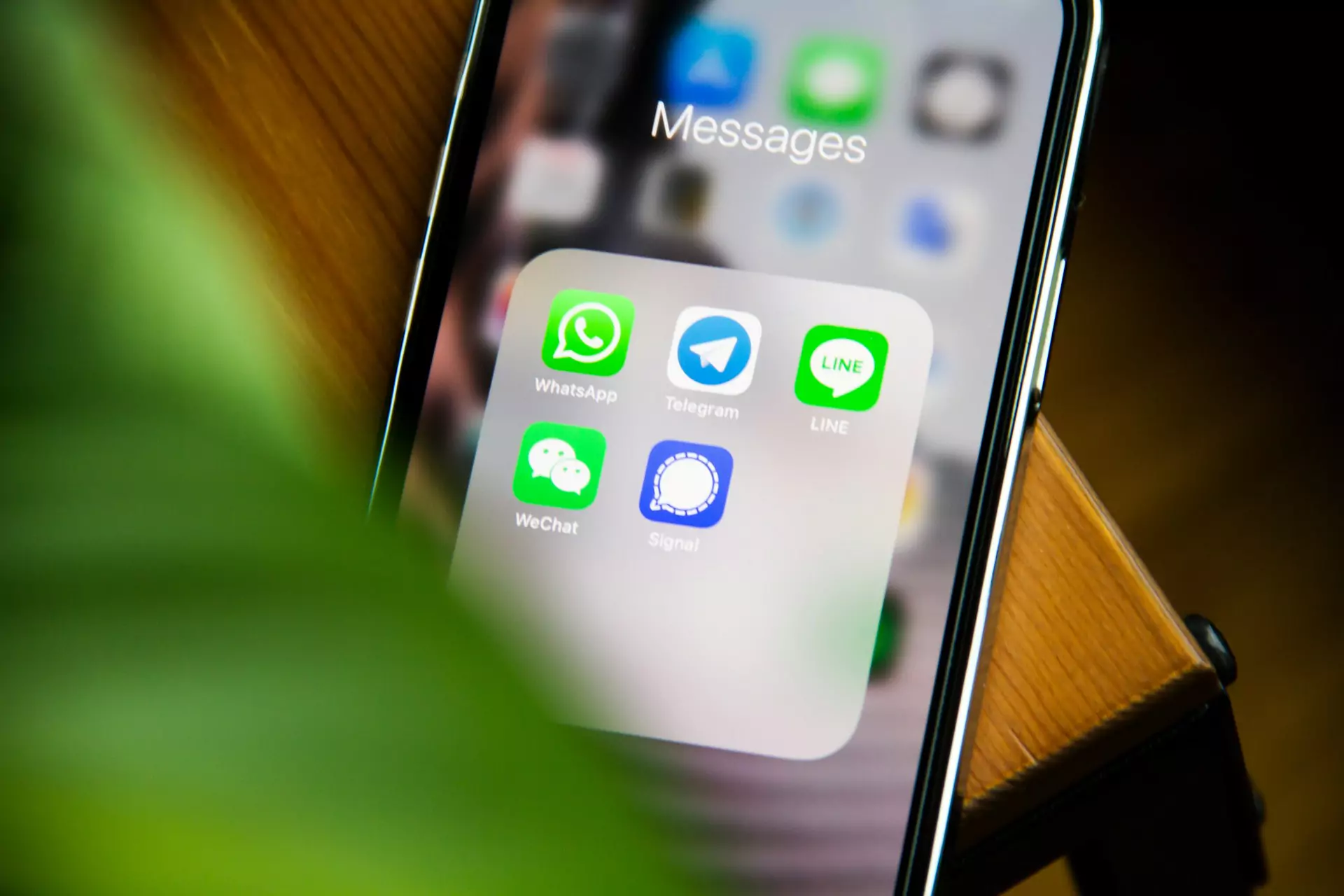How to make smart use of SMS in your business
Running a small business means juggling countless tasks every day. From serving customers to managing accounts, time is always tight. That’s why finding tools that save time, improve communication, and boost results is so valuable. SMS is one of those tools. Although it may seem simple, SMS can be one of the most powerful channels for engaging customers and driving action. With open rates sitting as high as 98% and response times often measured in minutes, SMS outperforms many other forms of communication. When used thoughtfully, it can help you deliver a better customer experience, increase sales, and make your operations run more smoothly. This guide explores how SMS can work for your business, the benefits it delivers, and how to make the most of it.

The benefits of SMS for small businesses
The biggest advantage of SMS is immediacy. Messages are read almost instantly, giving you the confidence that your communication is reaching customers at the right time.
Here are some of the key benefits:
- High open rates – unlike email, which often gets buried in crowded inboxes, SMS is usually opened within minutes.
- Direct and personal – a text message is more likely to feel like a one-to-one communication, which builds trust.
- Speed and efficiency – SMS cuts through delays and ensures important information is seen.
- Customer satisfaction – by sending timely updates or reminders, you make life easier for your customers.
Key ways to use SMS effectively
SMS can be integrated into almost every part of a small business. Some of the most effective use cases include:
- Customer updates – confirmations, delivery notifications, and real-time status updates keep customers informed without them needing to chase you.
- Marketing campaigns – flash sales, discounts, and seasonal offers can be shared instantly with a targeted audience.
- Appointment management – reminders and confirmations reduce no-shows and improve efficiency.
- Internal communication – for small teams, SMS can act as a quick way to share alerts or updates.
The beauty of SMS is its flexibility. Whether you are running a retail store, providing services, or managing bookings, there are ways to use it that fit seamlessly into your operations.

Best practices for making SMS work
To maximise results and avoid frustrating customers, there are a few best practices worth following:
- Keep it short and clear – SMS is not the place for long explanations. Focus on a single message and call-to-action.
- Personalise where possible – even using a customer’s first name can increase engagement.
- Time your messages well – avoid sending late at night or very early in the morning. Mid-morning or mid-afternoon usually works best.
- Always include a call-to-action – whether it’s a link, a reply option, or a phone number, make it easy for the customer to take the next step.
- Respect opt-ins and opt-outs – always ensure compliance with privacy laws and provide an easy way for customers to unsubscribe.
Tools and automation
Manually sending SMS messages isn’t realistic once your customer base starts growing. That’s where SMS platforms and automation tools come in.
Many SMS services allow you to:
- Integrate with CRM and accounting tools – making it easy to send reminders, invoices, or payment alerts.
- Schedule campaigns in advance – ideal for promotions or appointment reminders.
- Use templates – saving time while ensuring consistent and professional communication.
- Automate follow-ups – for example, sending a message two days after a delivery to check if the customer is satisfied.
Automation ensures your SMS strategy scales with your business without adding extra admin work.

Understanding the costs
The good news is that SMS is relatively low-cost. Pricing is usually based on one of two models:
- Pay-as-you-go – you pay per message sent, which can be cost-effective for small volumes.
- Monthly plans – you pay a set fee for a bundle of messages, often cheaper if you send SMS regularly.
Typical costs range from 5p to 10p per message, depending on volume and provider. The key is to track the return on investment (ROI). If sending a £50 discount offer costs £20 in SMS fees but generates £500 in sales, the maths speaks for itself.
Optimising and managing SMS campaigns
Like any marketing or communication channel, SMS works best when you refine and optimise your approach over time.
Here’s how you can improve performance:
- Segment your lists – target messages to specific groups of customers for higher engagement.
- Track delivery and response rates – see what’s working and what isn’t.
- Experiment with timing and wording – A/B test different approaches to find the best response.
- Review performance regularly – use the data to adjust campaigns and keep improving results.
By treating SMS as an evolving strategy rather than a one-off tool, you’ll see stronger outcomes over time.

Why SMS is a great tool for business growth
SMS combines speed, reliability, and effectiveness in a way that few other channels do. It doesn’t replace email, social media, or phone calls – but it strengthens them. Used alongside other tools, it provides another touchpoint for customers and ensures your business always stays connected.
For small businesses that need to build trust, manage customer relationships, and increase efficiency, SMS is one of the most cost-effective ways to do it.
Key takeaways
SMS may feel simple, but when applied strategically, it can become one of the most powerful parts of your business toolkit. From improving customer satisfaction to boosting sales, it delivers results without requiring huge budgets or complicated systems.
If you haven’t already, now is the time to explore how SMS can fit into your business. Start small, test what works, and build on your successes. With the right approach, SMS can help you save time, strengthen relationships, and grow your business faster.
DISCLAIMER: Team Thrive Pty Ltd ABN 15 637 676 496 (Thriday) is an authorised representative (No.1297601) of Regional Australia Bank ABN 21 087 650 360 AFSL 241167 (Regional Australia Bank). Regional Australia Bank is the issuer of the transaction account and debit card available through Thriday. Any information provided by Thriday is general in nature and does not take into account your personal situation. You should consider whether Thriday is appropriate for you. Team Thrive No 2 Pty Ltd ABN 26 677 263 606 (Thriday Accounting) is a Registered Tax Agent (No.26262416).






.svg)


.svg)











.webp)